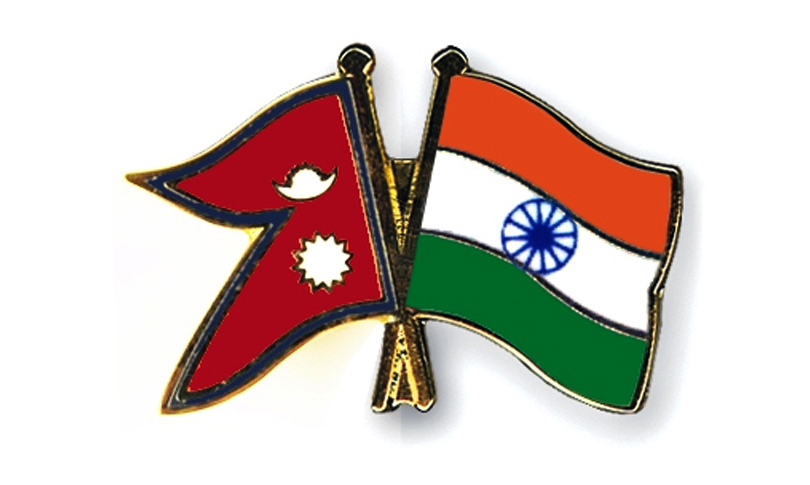KATHMANDU: The commercial treaty between Nepal and India has undergone an automatic renewal, as confirmed by Ramchandra Tiwari, Joint Secretary of the Ministry of Industry, Commerce, and Supply. Despite Nepal’s prolonged advocacy for amendments to the treaty, it has been renewed unchanged, following the stipulated seven-year renewal cycle.
Tiwari acknowledged that while discussions on revision and review have surfaced, they did not materialize during this renewal. However, he mentioned that the possibility of amendments could be explored during an upcoming joint secretary of commerce meeting between the two countries.
Joint Secretary Tiwari highlighted that, akin to the transit treaty, the commercial treaty could be subject to amendments based on a similar framework. The trade agreement, last renewed in October 2016 and scheduled for renewal every seven years, had not undergone any amendments before, drawing criticism even during previous renewals.
Given India’s status as Nepal’s primary foreign trade partner, concerns about the trade deficit have persisted, prompting calls for revisions to the commercial treaty. Former Commerce Secretary Chandrakumar Ghimire expressed discontent over the lack of revisions, emphasizing that the longstanding absence of amendments has posed challenges for Nepal in foreign trade. He criticized the recent renewal without amendments, asserting that it is not in Nepal’s national interest to continue without addressing the existing trade deficit.
Ghimire contended that the failure to initiate a new treaty with India, despite starting the process in 2018, reflects a missed opportunity for Nepal. He argued that renewing the agreement without addressing the trade deficit implies Nepal is advancing without tackling its economic challenges, particularly in the agricultural sector.
The non-renewal of the treaty, Ghimire explained, has adversely affected Nepal’s agricultural industry, as Indian goods enter Nepal with zero customs duty, making it difficult for Nepalese products to compete. He underscored the need for Nepal to take steps to reduce the trade deficit and criticized the negative impact of not addressing this issue in the renewed treaty.
Ghimire also pointed out that the existing provisions in the commercial treaty conflict with multilateral and regional agreements. Provisions related to the trade of goods from third countries, not strictly implemented, contradict agreements such as the South Asian Free Trade Area (SAFTA) and the Bay of Bengal Initiative for Multisectoral Technical and Economic Cooperation (BIMSTEC).
Furthermore, despite Nepal’s plea for ‘duty-free’ and ‘quota-free’ facilities for all its goods in the Indian market, India has imposed quotas on specific products, creating hurdles for imports. The renewal of the treaty without addressing these concerns indicates that key issues related to ‘duty-free’ arrangements and certificate of origin standards remain unaltered.

